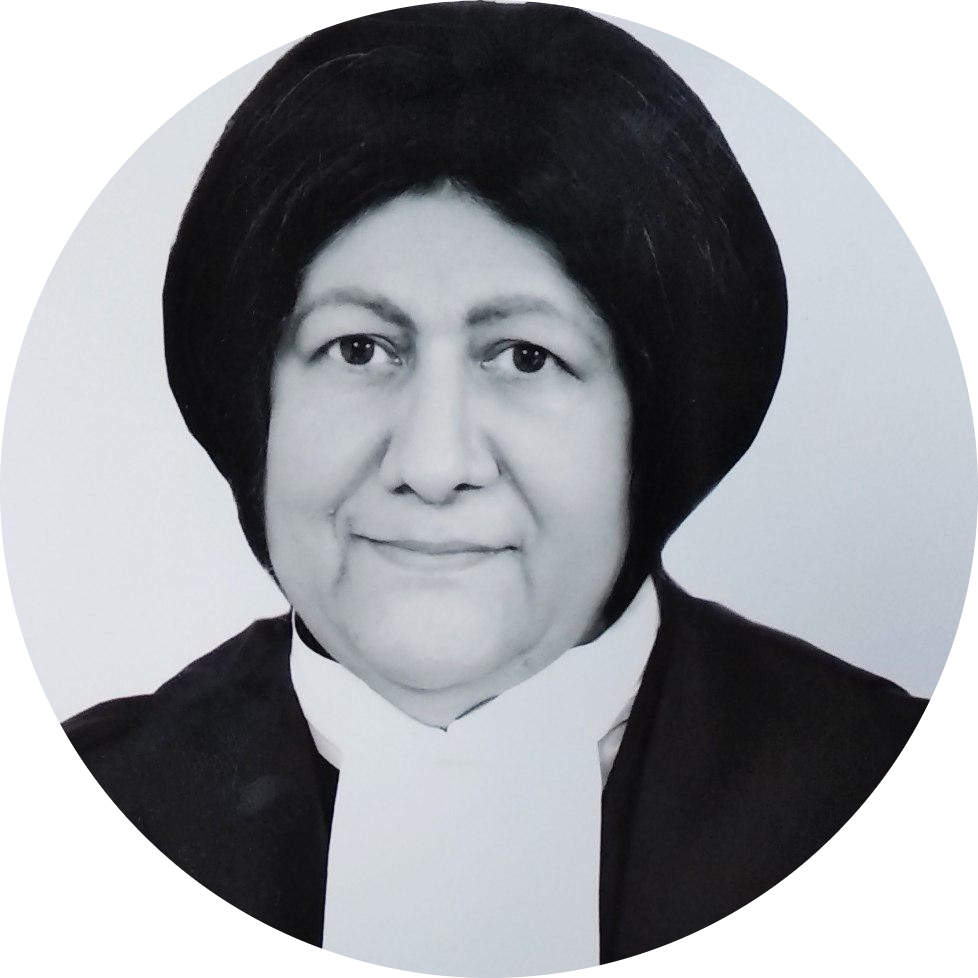Constitutionality of Muslim Marriage Laws
Sameena Begum v Union of India
Several Public Interest Litigation (PILs) challenge the constitutional validity of polygamy, nikah halala and other related Muslim marriage practices.
Pending
Parties
Petitioner: Sameena Begum; Ashwini Kumar Upadhyay; Nafisa Khan; Moullim Mohsin bin Hussain bin Abdad al Khatiri; Naish Hasan; Muslim Women’s Resistance Committee; Farjana
Lawyers: Mohan Parasaran; V Shekhar; Sajan Poovayya; Gopal Sankaranarayanan; Vikas Singh; Gaurav Bhatia; Archana Pathak Dave; R.D. Upadhyay; Ashwani Kumar Dubey; Parul Shukla; Rajeev Sharma; V.K. Biju; Vivek Narayan Sharma
Respondent: Union of India; Ministry of Women and Child Development; Ministry of Law and Justice; Ministry of Minority Affairs; National Commission for Women
Lawyers: Pinky Anand; Madhavi Divan; Mukesh Kumar Maroria; Gurmeet Singh Makker
Case Details
Case Number: WP (C) 2018 222/2018
Next Hearing: August 30, 2022
Last Updated: August 31, 2022
Key Issues
Whether Section 2 of the Muslim Personal Law (Shariat) Application Act, 1937 violates the right to equality and is discriminatory against women, in contravention of Articles 14 and 15 of the Constitution?
Whether Section 2 of the Muslim Personal Law (Shariat) Application Act, 1937 violates women’s fundamental right to dignity flowing from Article 21 of the Constitution?
Whether triple talaq, polygamy and nikah halala ought to be criminalised under Sections 498A, 375 and 494 of the Indian Penal Code, 1860 respectively?
Case Description
In 2017, the Supreme Court declared the practice of triple talaq, or talaq-e-biddat, unconstitutional as it was discriminatory against Muslim women. The Court struck down Section 2 of the Muslim Personal Law (Shariat) Application Act, 1937 (the Shariat Act) insofar as it applies to triple talaq. In doing so, the Court opened the door to subject other Muslim marriage laws to the constitutional provisions on gender equality. In fact, in its 2017 judgment, the Court explicitly said that while it was limiting itself to the issue of triple talaq, related questions pertaining to polygamy and nikah halala would have to be addressed at a later point.
It is within this context that several Muslim women filed PILs challenging the constitutionality of polygamy, nikah halala and other similar practices validated under Section 2 of the Shariat Act. Others also filed petitions such as the Muslim Women’s Resistance Committee and BJP leader Ashwini Kumar Upadhyay. These PILs claim that the practices in question discriminate on the basis of gender, thereby violating Articles 14 and 15 of the Constitution. They also contend that the practices violate a woman’s right to dignity, flowing from Article 21.
The petitioners have specified four practices relating to marriage (nikah) in their petitions: polygamy, nikah halala, nikah mut’ah and nikah al-misyar:
-
- Polygamy – a practice that allows for a husband to have multiple wives
- Nikah halala – In order for a divorced wife to remarry her former husband, the wife must consummate a temporary marriage to a second husband and then get divorced. This is primarily practiced by women who have been divorced via triple talaq.
- Nikah mut’ah and nikah al-misyar – these are types of temporary marriage contracts, which do not provide wives with marital rights such as maintenance.
The PILs contend that Muslim personal laws pertaining to marriage are not necessarily protected by the freedom of religion provisions in the Constitution. Firstly, they submit that the fundamental right to freedom of religion can have restrictions placed on it subject to ‘public order, morality and health’. Offering the example of Sati, they say that the State can regulate marriage practices which are considered harmful to public order, morality or health. Secondly, they submit that laws dealing with marriage and succession are inherently non-religious in nature. They claim that such practices cannot be considered ‘essential religious practices’, which enjoy protection under Article 25.
The petitioners pray for the Court to declare Section 2 of the Shariat Act unconstitutional insofar as it validates practices relating to polygamy, nikah halala and other similar practices. In addition, some of the petitioners also pray for the Court to criminalize talaq-e-biddat, nikah halala and polygamy under Sections 498A, 375 and 494 of the Indian Penal Code, 1860 respectively. Finally, some petitioners also seek for the Court to direct the Law Commission of India to publish a report on the introduction of a Uniform Civil Coder under Article 44, which would do away with the Shariat Act.
On August 30th, 2022, a 5-Judge Constitution Bench comprising Justices Indira Banerjee, Hemant Gupta, Surya Kant, M.M. Sundresh and Sudhanshu Dhulia heard the matter. However, as Justice Banerjee is scheduled to retire on September 23rd, 2022, the case will not be heard in September.
Note: independent of this case, the Union criminalized triple talaq in 2019. The constitutionality of this has been challenged before the Supreme Court and is currently pending before a two-judge Bench.
